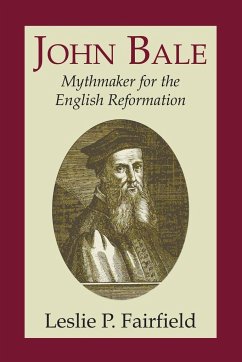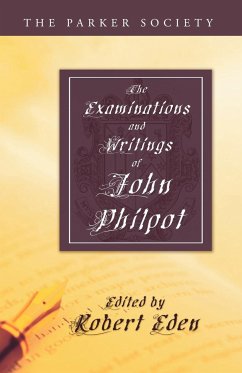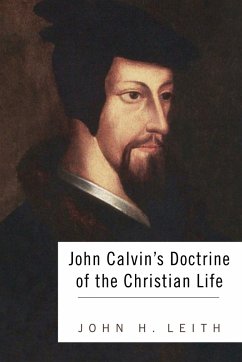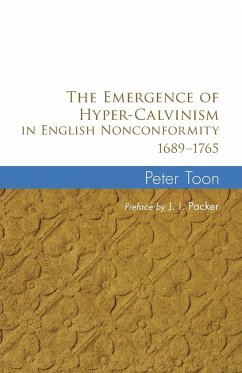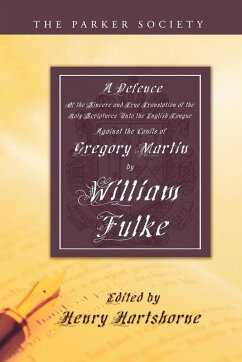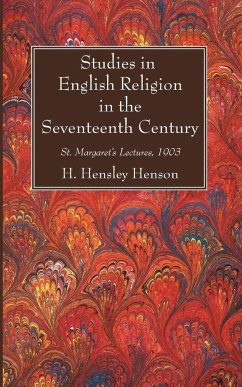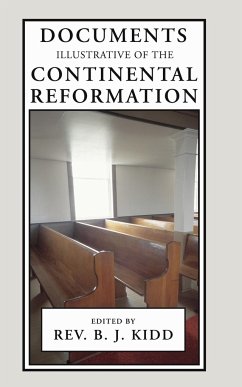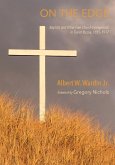John Bale (1495 - 1563) made a strong impact on the growth of English Protestant self-consciousness in the sixteenth century. He spent twenty years as a Carmelite friar, and then converted to Protestantism in the mid-1530s. Henry VIII's government enlisted Bale to write and produce plays against the Papacy; he had a decisive influence on John Foxe, and Foxe's 'Book of Martyrs' (1563); and Bale's drama 'Kynge Johan' was an important link between the medieval mystery plays and the age of Shakespeare. His greatest achievement, however, was his re-telling of English history in light of the Reformation. Bale argued that England had a divine vocation to protect and defend Protestantism against Roman political subversion and non-Biblical religion. Bale's story of England as the "new Israel shaped the self-consciousness of the Elizabethan age, and via John Winthrop and New England in 1630 bequeathed a sense of national vocation to America as well.
Hinweis: Dieser Artikel kann nur an eine deutsche Lieferadresse ausgeliefert werden.
Hinweis: Dieser Artikel kann nur an eine deutsche Lieferadresse ausgeliefert werden.

